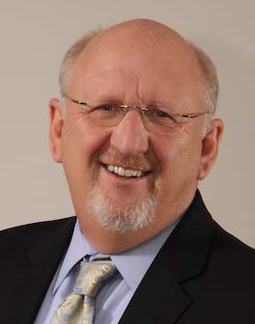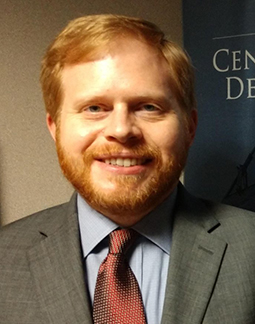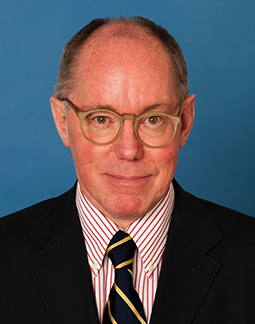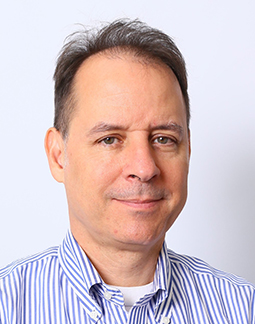Speakers:
- Charles A. Casto (USNRC retired/researcher Kennesaw State University)
- James E. Platte (U.S. Army School of Advanced Military Studies, Fort Leavenworth)
- Mark Hibbs (Nuclear Policy Program, Carnegie Endowment for International Peace)
- Azby Brown (Safecast ( Citizen Science))
Moderator:
- Kyle Cleveland, ICAS Co-Director




